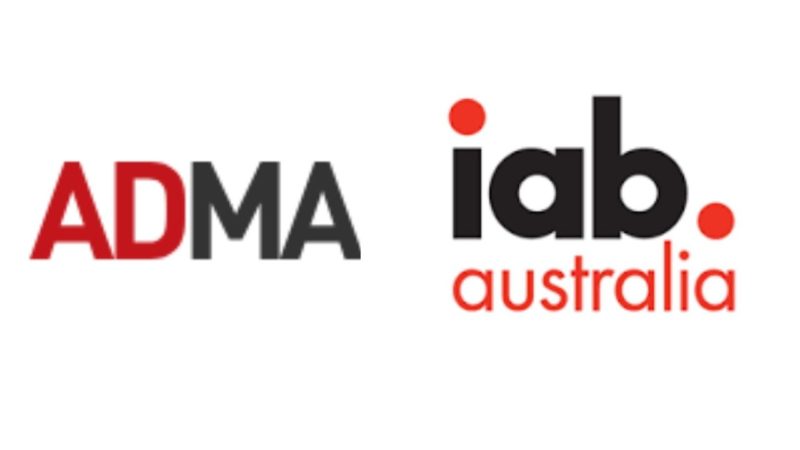IAB Australia and ADMA respond to the ACCC’s Ad Tech Inquiry Final Report
With the release of the Australian Competition and Consumer Commission (ACCC) Ad Tech Inquiry Final Report on Tuesday, which identified significant competition concerns and likely harms to publishers, advertisers and consumers the Interactive Advertising Bureau (IAB) Australia and the Association for Data-driven Marketing and Advertising (ADMA) has released responses to the inquiry.
The report concluded that enforcement action under Australia’s existing competition laws alone is not sufficient to address the competition issues in the sector, and that the ACCC should be given powers to develop specific rules in response.


